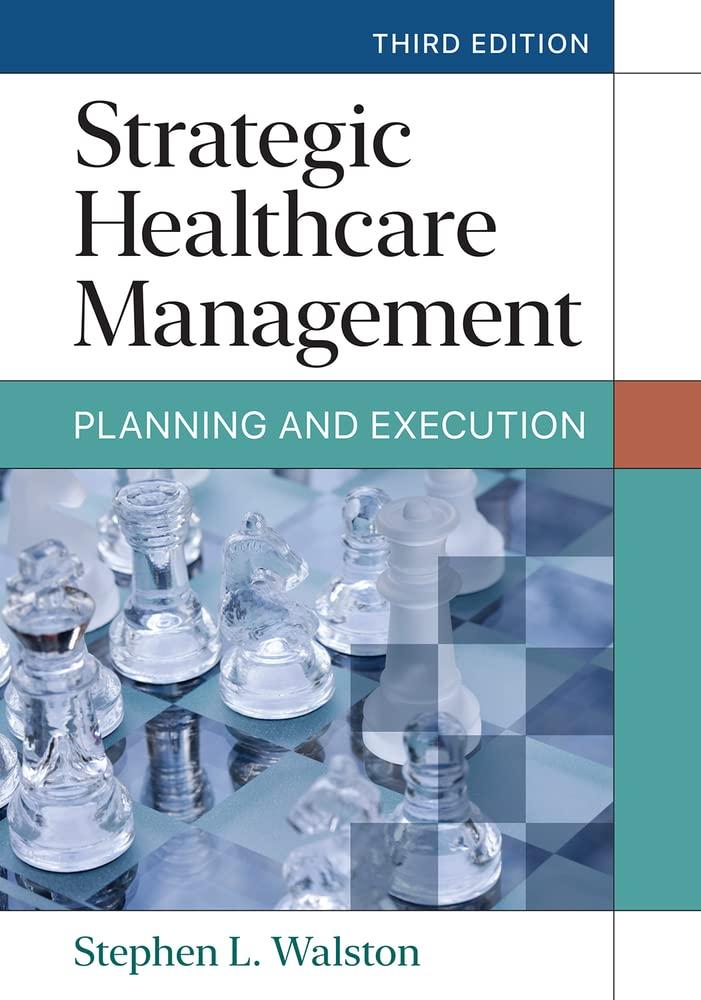Heightened supplier power often induces responses from buyers. As described in the following case, the consolidation and
Question:
Heightened supplier power often induces responses from buyers. As described in the following case, the consolidation and market power of the insurance company Anthem created situations that required responses from Anthem’s buyers. This case is a compilation of actual events. When you have finished reading the case, answer the questions that immediately follow.
It is the summer of 2003. The Physicians’ Group Clinic (PGC) in Indianapolis has a dilemma. The largest insurance company in the state, Anthem, had been doing business in Indiana for 50 years as Blue Cross and Blue Shield of Indiana. However, in the early 1990s, the company merged with Blue Cross plans in Kentucky, Ohio, Connecticut, New Hampshire, Colorado, Nevada, Maine, and Virginia and changed its name to Anthem, Inc. These acquisitions occurred at the same time the insurance company was pushing to gain more market share in Indiana. As of 2003, Anthem controls 20 percent of the nongovernmental health insurance in the state. Although PGC always has had a friendly relationship with Anthem’s representatives, the insurance company is offering different incentives that could profoundly affect the clinic’s business.
Anthem is proposing to increase the number of PGC patients covered by its insurance substantially. Currently, Anthem’s patients account for 13 percent of PGC’s business. The proposal offers a larger group of Anthem HMO patients and reimbursement at a per member per month rate. The physicians analyze the suggested rate and feel that the amount is adequate to cover all costs, including overhead, and generate some profit. The proposed contract also offers monetary incentives for providing efficient care. If PGC accepts this contract and the promised volumes materialize, the number of PGC patients covered by Anthem would increase to 22 percent.
The physicians discuss the positives and negatives of the contract. They are unhappy with their Medicaid reimbursement, which is about 15 percent lower than their direct costs. If they accept Anthem’s proposal, they could decrease the number of Medicaid patients they agree to in order to accommodate the new patient load. On the other hand, they are worried about becoming so dependent on Anthem’s business. What would prevent Anthem from cutting their reimbursement in the future and imposing other requirements? The physicians need to decide whether to accept or reject the Anthem proposal.
Questions
1. How would Anthem’s relationship and negotiating power with the physician group change if the physicians accepted the proposal?
2. Why might this physician group want to build a strong relationship with a small number of insurance companies (i.e., suppliers)?
3. What should the physicians do?
4. What might PGC do to reduce the supplier power Anthem could have over PGC in the future?
5. What other recommendations can you make?
Step by Step Answer:

Strategic Healthcare Management Planning And Execution
ISBN: 9781640553651
3rd Edition
Authors: Stephen L. Walston PhD





